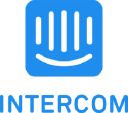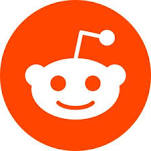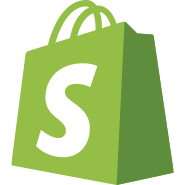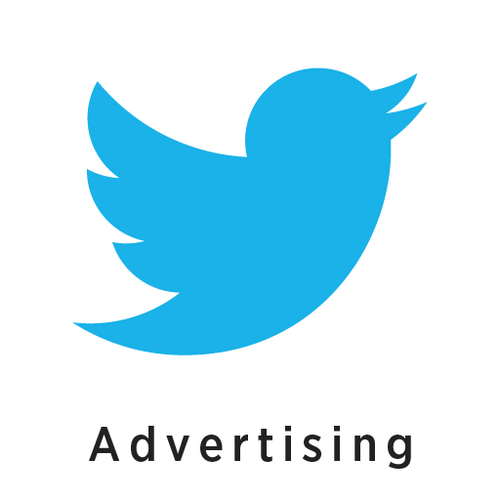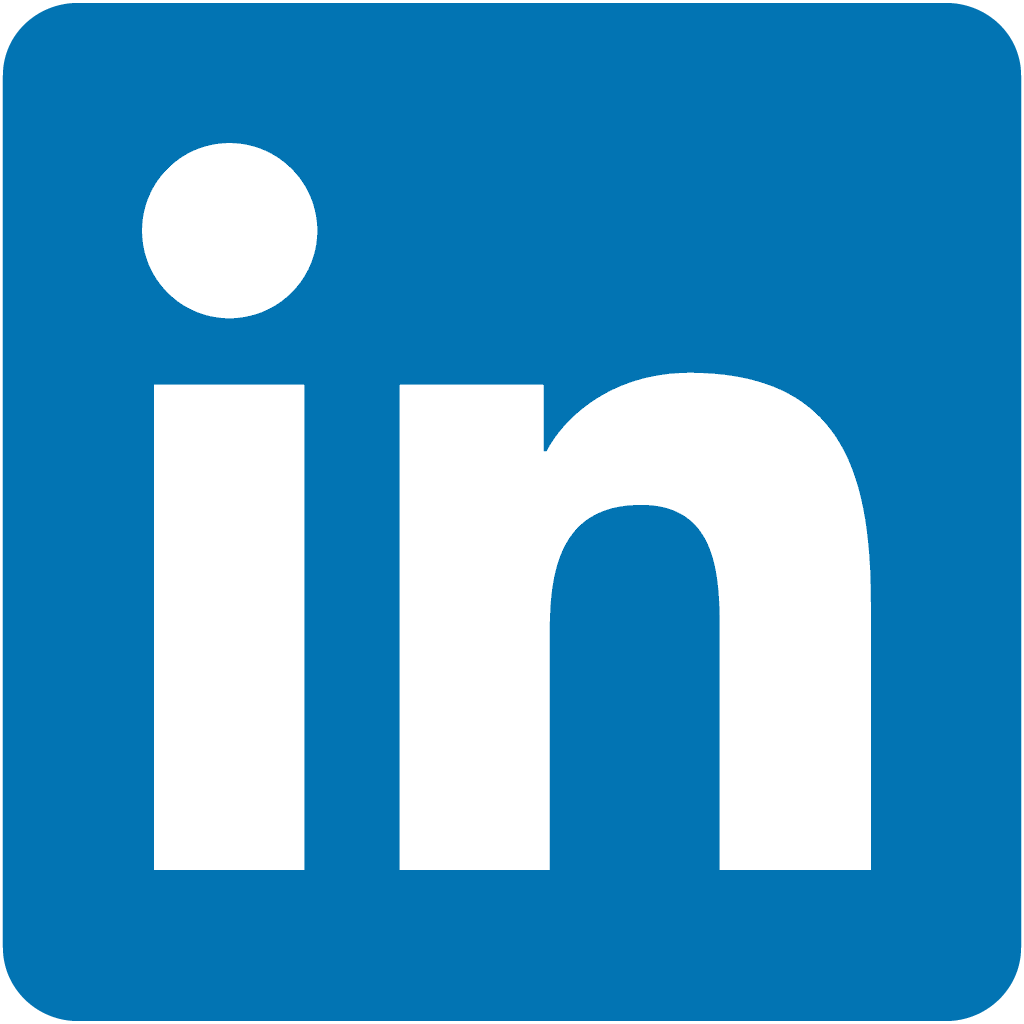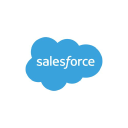I Bootstrapped My Marketing SaaS For Shopify Stores to $1M ARR
Hello! Who are you and what business did you start?
Hey, my name is Kyle Bigley and I am the Founder of TxtCart, AKA the AI-Powered SMS Marketing company for Shopify stores. We’re a unique SMS Marketing company pioneering conversational commerce with AI agents generating sales and resolving customers questions via text messages.
Our flagship product and what we’re best known for over these last 4 years is our Conversational Checkout Recovery flow. In 5 mins or less of onboarding, we deploy an AI Agent to your store, capture phone numbers at checkout, and automatically follow up and recover lost sales.
This has led to us generating over $50M+ in revenue for our clients and tens millions of conversations with online shoppers. Our unique process allows our clients to achieve above average results with SMS marketing, oftentimes seeing 45% reply rates, 30% conversion rates and over 20X ROI with SMS.
I launched this product/company in Dec of 2019 and we grew to over $30K MRR in 12 months while bootstrapped and part time. Now, we’re over $1M ARR while still bootstrapped and are setting our sights on $3M ARR by 2026 (whilst still bootstrapped).



